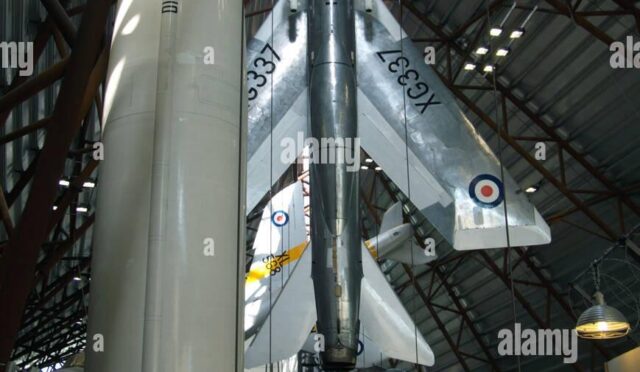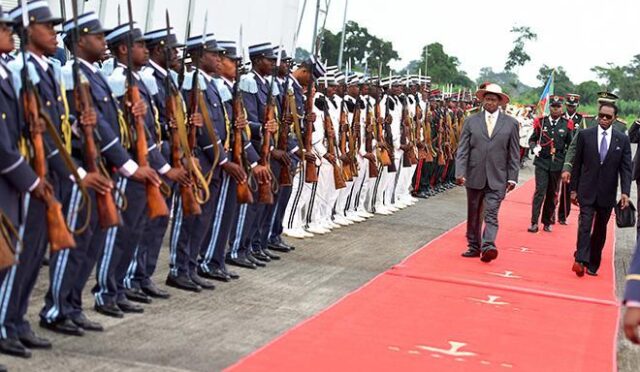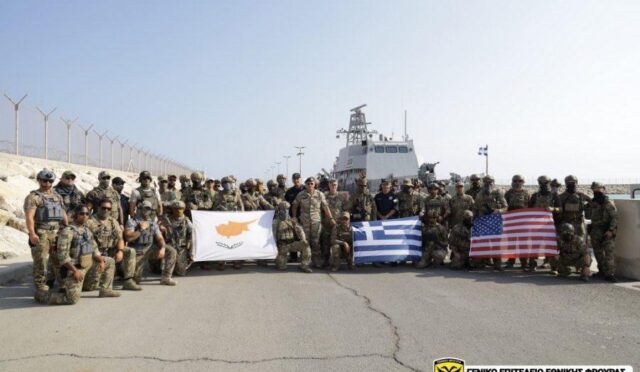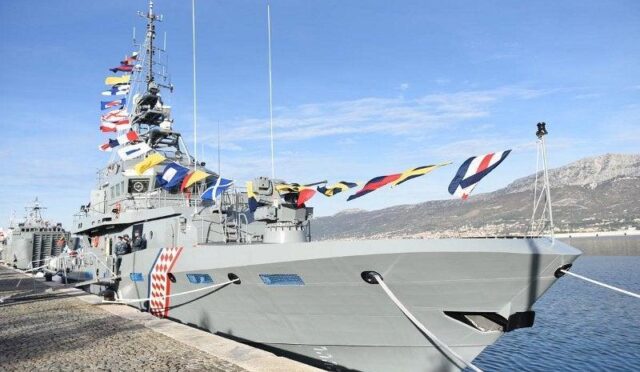UK Ministry of Defence Invests in Flight Training
The UK Ministry of Defence has announced a significant investment of £300 million ($402.4 million) aimed at enhancing the flight training capabilities of the Royal Navy and the Royal Air Force. This funding is set to modernize flight skills for contemporary warfare and is crucial for preparing military personnel for the challenges of modern combat.
The Ministry has awarded a contract to Ascent Flight Training, based in Bristol, for the development of new facilities. This will include advanced synthetic and mission-simulated technologies, enabling comprehensive land-based training across a diverse array of aircraft.
Goals for Military Training
One of the primary ambitions of this initiative is to quadruple the number of trained crews, with a target of approximately 140 personnel each year. This ambitious goal underscores the necessity for the UK armed forces to adapt and meet the demands of evolving military engagements.
Training will occur at several key locations, notably the Royal Naval Air Station Culdrose and the Royal Air Force Cranwell. Babcock, the parent company of Ascent, has been contracted to oversee facility development, which itself carries a value of £70 million ($93.8 million). This creates new opportunities for infrastructure expansion while supporting the air forces’ operational needs.
Fleet Support and Future Capabilities
In conjunction with the flight training enhancements, the Dorset-based defense contractor Draken will supply fleet support for the upgraded Textron King Air 350E Avenger aircrew training platform. This partnership plays a crucial role in ensuring that the training provided is aligned with the latest technological advancements and operational requirements.
Additionally, the initiative aims to optimize the military’s Future Intelligence, Surveillance, Target Acquisition, and Reconnaissance (ISTAR) operations and the Rear Crew Training System (FIRCTS). This optimization is crucial in preparing future personnel under the UK’s Military Flying Training System (UKMFTS), which is designed to deliver integrated airborne training.
Integration of Advanced Aircraft into Training Programs
The FIRCTS program incorporates the latest military aircraft into its training curriculum, including the P-8 Poseidon, RC-135 Rivet Joint, E-7 Wedgetail, Merlin Mk2, AW159 Wildcat, and MQ-9B Protector. These platforms are paramount in ensuring that trainees are equipped with the skills necessary for operating some of the most advanced aircraft in modern military operations.
By training personnel on such sophisticated equipment, the UK armed forces can enhance operational readiness and efficiency in various military tasks, ranging from surveillance to direct engagement.
Commitment to Defense Readiness and Economic Growth
Capt. Polly Hatchard, UKMFTS Team Leader, commented on the contract, stating, “This new flight training contract represents a significant advancement in the UK’s defense capabilities, ensuring that armed forces personnel have access to top-tier training resources.” Her remarks highlight the government’s dedication to enhancing military preparedness.
Moreover, the initiative is expected to generate new job opportunities across the UK, simultaneously fostering growth in regional economies. Investments in training infrastructure not only bolster defense capabilities but also contribute to the overall economic landscape.






